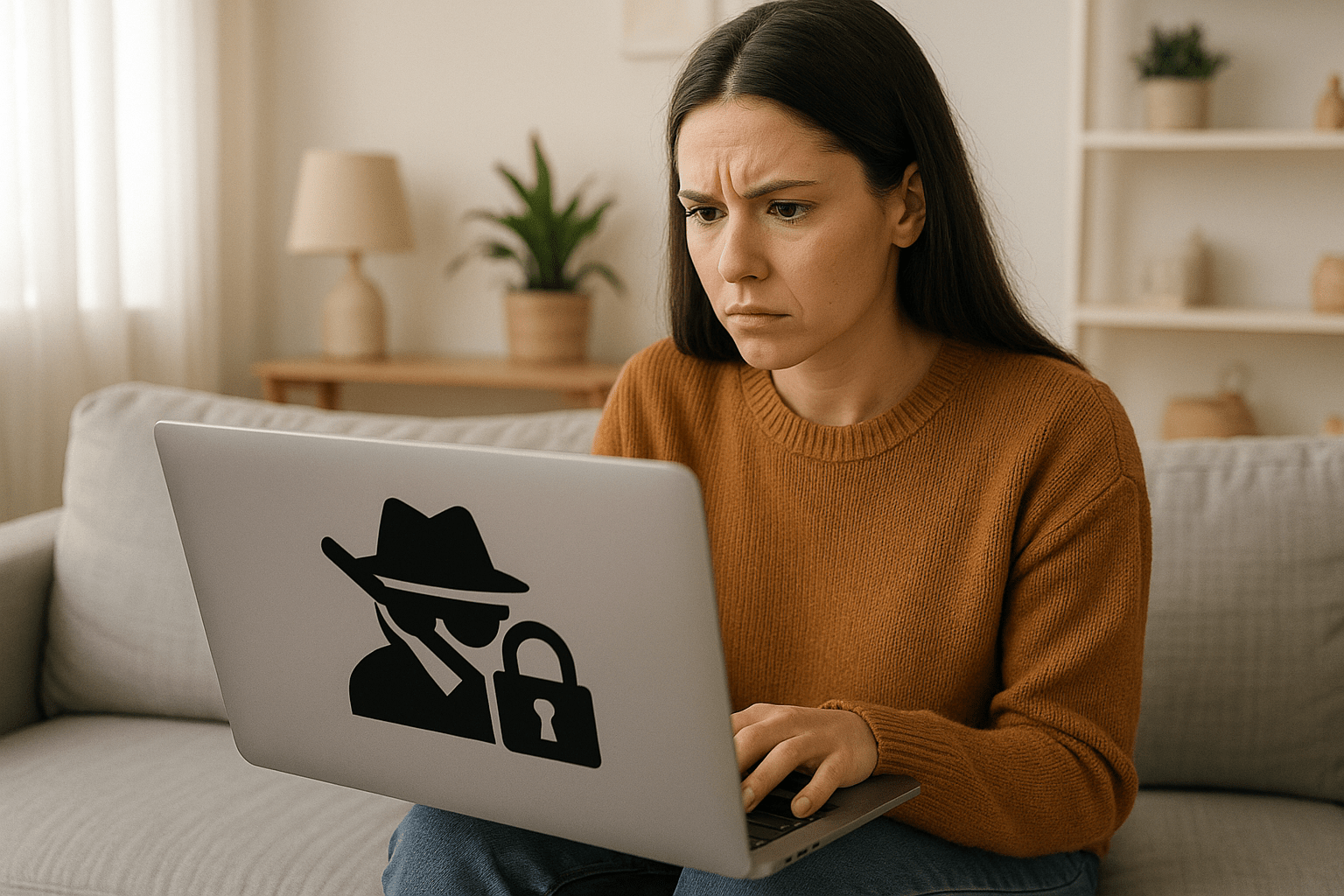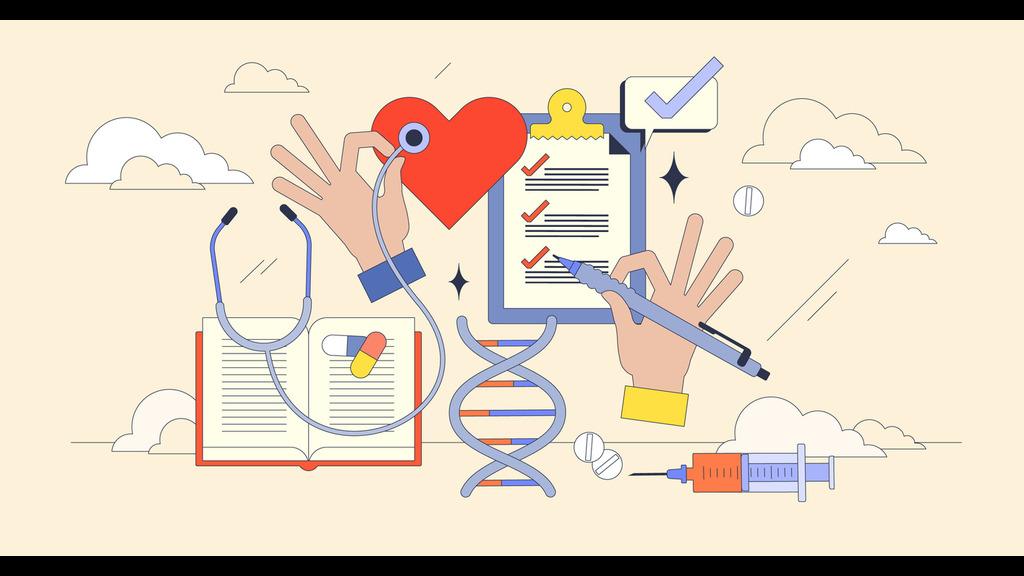Would you give a stranger your diary, your bank records, and your appointments for the day? If you don’t pay attention to your privacy online, that is exactly what you might be doing without realizing it. In an environment where everything that an individual does online can be tracked, even in the most innocent of ways, data is one of your most valuable (and at-risk) assets.
This user-friendly guide will explain what online privacy means, the likely harms of not protecting your data, significant steps you can take to protect yourself, and what the future might hold for data security. Whether you are an everyday browser, a remote worker, or even a parent trying to protect your children, this is the information you need to surf the World Wide Web more securely.
The Importance of Online Privacy
Privacy is not just about hiding secrets – it’s about autonomy, identity, and safety. Corporations, hackers, and governments can turn your data into a highly profitable commodity, from financial fraud to psychological profiles.
Some Key Reasons Online Privacy is Important:
- Monetizing of Your Data: Your data is being sold. Technology behemoths like Google and Meta track behavioral data to sell targeted (and very valuable) ads for hundreds of billions of dollars every year.
- Cybercrime: In 2023, cybercrime cost the global economy over $10.5 trillion, according to Cybersecurity Ventures.
- Identity Theft: With enough personal details, criminals can impersonate you to open credit accounts, file tax returns, or steal medical information.
- Surveillance: Governments and companies alike use tracking technologies for surveillance, sometimes with minimal oversight.
Why You Should Take Your Online Privacy Seriously
1. Better Security
Taking control of your data decreases the chances of hacking, phishing, or ransomware attacks.
2. Smaller Digital Footprint
The more data you don’t share, the trickier it is for marketers, algorithms, or malicious actors to create a detailed digital profile of you.
3. Less Stress
Knowing you have kept your sensitive information safe provides peace of mind and leads to responsible internet use.
4. Control Over Your Information
You choose who sees your location, contacts, purchases, or personal interests.
Where to Begin: How to Make Your Online Privacy Better
Step 1: Strengthen Your Passwords
- Use a password manager (for example, 1Password, Bitwarden, or LastPass).
- Enable two-factor authentication (2FA) for all accounts.
- Do not use one password for multiple platforms.
Step 2: Use Secure Browsing Habits
- Utilize privacy-friendly browsers (like Brave, Firefox, or Tor).
- Use HTTPS Everywhere to ensure connections do not leak data in transit.
- Disable third-party cookies and fingerprinting (when possible).
Step 3: Limit Data Sharing on Social Media
- Take time to review the privacy settings on your platforms (Facebook, Instagram, or LinkedIn).
- Avoid oversharing personal information like your date of birth, address, or where you are located at that moment.
- Be conscious of photos you share that confirm patterns (like commute to and from work, or other cycles).
Step 4: Set Up Privacy Tools
- VPN (Virtual Private Network): Encrypts all outward communications made by your device (NordVPN, ProtonVPN, Mullvad).
- Blockers for ads and trackers: The use of uBlock Origin, Privacy Badger, or Ghostery will keep ads and trackers from watching your behavior online.
- In terms of communication, secure messaging apps: Signal & Telegram (end-to-end encryption).
Step 5: Be Intelligently Engaged with Apps and Permissions
- You should be reviewing your app permissions regularly on your smartphone, specifically location permissions.
- Be careful of apps and avoid apps from non-credible sources.
- Ask if the app sells or shares your data before you download.
Real Life Example: The Facebook–Cambridge Analytica Scandal
In 2018, it was discovered that Cambridge Analytica had obtained the personal information of over 87 million Facebook users without their knowledge. Cambridge Analytica exploited this data to offer customized political ads ahead of the campaign, raising serious questions about manipulation and digital (online) ethics.
What was the result? There has been widespread public anger, many lawsuits, and the installation of new data privacy legislation such as the European Union’s General Data Protection Regulation (GDPR) and the California Consumer Privacy Act (CCPA).
Easy Things You Can Do to Prevent the Sale of Your Private Information
- Use burner emails to sign up for other things or subscriptions.
- Clear your browser history and cache, and cookies often.
- Use HaveIBeenPwned.com to see if you have been the victim of a data breach.
- Read privacy policy summaries so you know what you’re agreeing to.
- Opt out of data collection whenever possible. (GDPR/CCPA makes this easier).
Common Mistakes to Avoid
- Forgetting to update software: Software updates typically include a bunch of important security patches.
- Using public Wi-Fi without a VPN: Public Wi-Fi is a honeypot for a malicious actor to violently intercept data.
- Agreeing to terms and conditions without reading: You may be agreeing to too many provisions to collect your data.
- Thinking “I don’t have anything to hide”: Everyone has something important to them to protect, be it financial identity or personal location.
The Future of Online Privacy: What Tomorrow Holds
As more and more individuals are becoming aware of data privacy issues, the online privacy landscape is changing faster than ever. Here is what you can anticipate going forward:
- Decentralized Web (Web3): Platforms that do not store random user data on centralized servers may offer more privacy and autonomy to users
- Privacy-as-a-Service: In the future, I would expect more companies to sell turnkey privacy solutions for individuals and businesses.
- Stricter restrictions in all markets: More governments than ever are passing legislation to limit the amount of data harvesting and to require transparency on companies collecting your data.
- AI and privacy: As artificial intelligence becomes mainstream and increasingly integrated into all apps, we will see more questions arise on how it uses data, consumer/owner consent flows, as well as bias.
Experts at organizations such as Electronic Frontier Foundation (EFF) and Privacy International are increasing their efforts in consumer protection and empowering users to take the responsibility for privacy into their own hands.
Conclusion: Own Your Data, Protect Your Future
“Online privacy is not an option. It is something that you must take ownership of. You must take into account the fact that every digital website will record your online behavior for generations to come. Cybercriminals are becoming more and more sophisticated every moment. But the actions that you take today will protect your identity, financial well-being, and peace of mind for tomorrow.
Take initiative today: safeguard your passwords, think about what you share on social media, and look into tools that help you take back control over your data. Would you like to be kept in the loop regarding tools, news, and tips about digital privacy? Subscribe to our privacy newsletter and be part of a growing movement towards more secure online experiences.”




